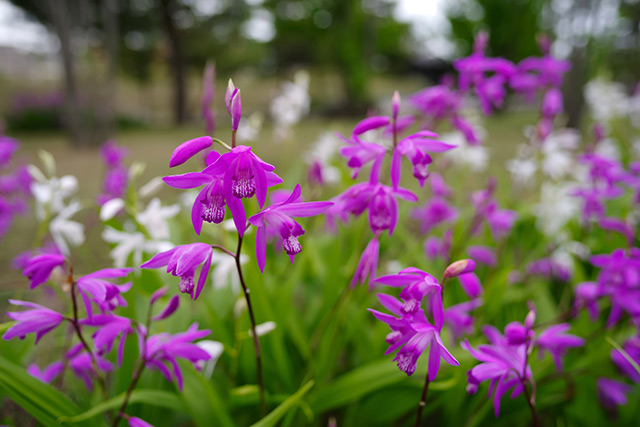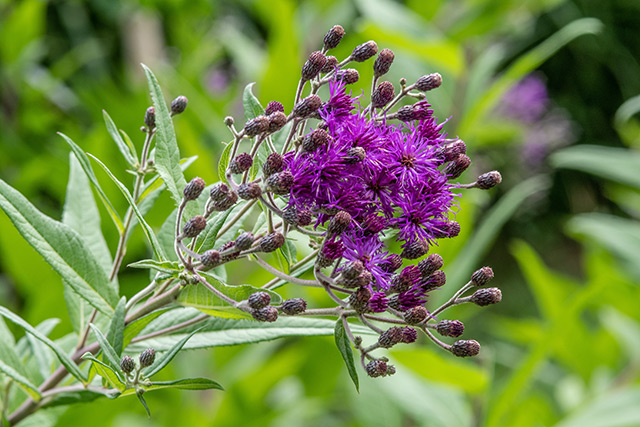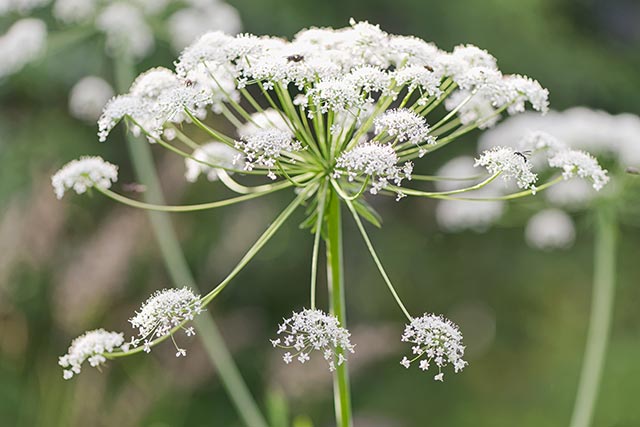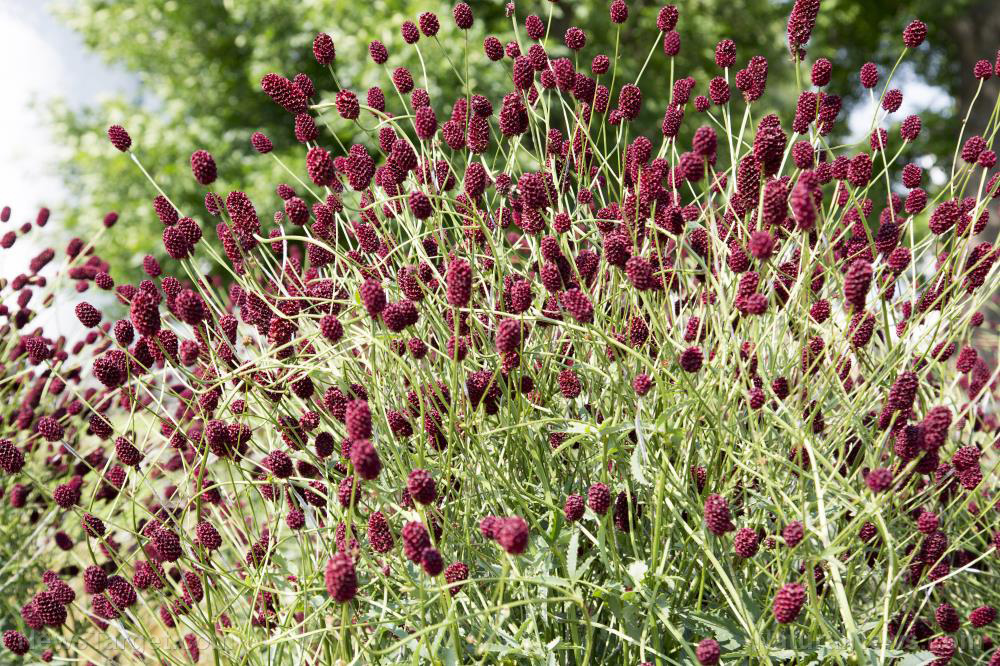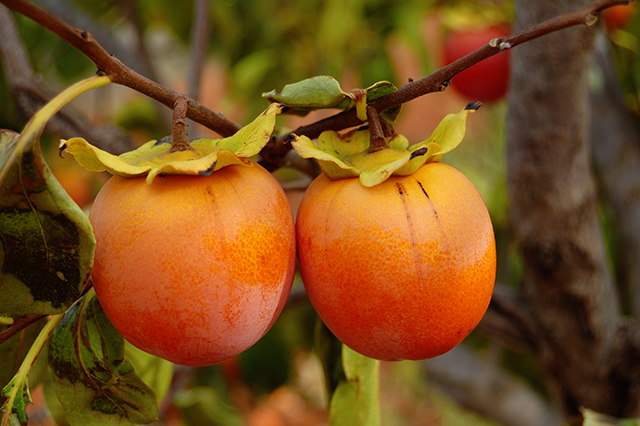Does the African mahogany have anticancer properties? Research says it can prevent cancer cell growth without damaging healthy cells
01/24/2019 / By Ellaine Castillo

Cancer is still a global cause for concern, despite developments in conventional treatments like chemotherapy. The World Health Organization estimates that the disease will cause more than 9.6 million deaths this year. Given that conventional medications aren’t working out, many healthcare professionals are now looking at medicinal plants to reduce the burden of cancer on patients. One example of these is the African mahogany (Khaya senegalensis), which Australian researchers found to have potent anticancer as well as antibacterial activities.
The African mahogany is a tall evergreen tree native to Central and Western Africa. Many people use the hard and sturdy wood coming from this tree for construction and the creation of household items. However, this plant has so much more to offer, such as pharmacological properties. The African mahogany, especially its bark, is widely used in traditional medicine as a treatment for skin conditions, diarrhea, dysentery, fever, jaundice, malaria, helminthic infections, and sexually transmitted diseases. Moreover, there are also claims that this plant lowers blood sugar levels, neutralizes free radicals, and prevents the growth of cancer cells. Unfortunately, there aren’t many studies that verify these properties.
Although the properties of the African mahogany have not been confirmed, the presence of various phytochemicals in the plant provides some information on the validity of these claims. Previous studies have identified khayanolides and senagalene triterpenoids in the bark, angolensates in the fruit, and limonoids in both parts of the plant. In addition, dimeric proanthocyanidins were also found, but the exact part of the plant where researchers found them was not reported. The different compounds found in the African mahogany are similar to other phytochemicals with antibacterial and anticancer properties, suggesting that this plant also exhibits these attributes.
In this study, published in Pharmacognosy Journal, the researchers collected extracts from the African mahogany’s bark then determined their antibacterial and anticancer activities. For the former, they tested it against different bacterial species, including Acinetobacter baylyi, Klebsiella pneumoniae, Proteus mirabilis, Proteus vulgaris, and Pseudomonas aeruginosa. The researchers observed that the extracts effectively inhibited the growth of these bacteria. On the other hand, they determined anticancer activity using in vitro studies against human cancer cell lines, HeLa and Caco-2. It was observed that the extracts were effective in preventing cancer cell growth, especially at higher concentrations. Moreover, the extracts didn’t exhibit toxicity when tested against healthy cells.
The authors of the study also identified the compounds that are potentially responsible for the African mahogany’s bioactivities. They found a variety of terpenoids, especially monoterpenoids which have been associated with antibacterial, antifungal, anti-inflammatory, and anti-tumor activities. There were also several sesquiterpenoids that have been previously characterized with antibacterial properties.
Overall, this study shows that African mahogany has potent antibacterial and anticancer activities, which can be attributed to the presence of monoterpenoids and sesquiterpenoids. With further studies, this medicinal plant can be developed as an alternative to chemotherapy and other conventional cancer treatments. (Related: Chemotherapy kills far more Americans than all acts of war, suicide and terrorism combined.)
Cancer risk factors
Cancer is not as well understood as most diseases, which makes it difficult to find effective treatments for it. Fortunately, scientists have identified some of the most common risk factors for this disease. Although not all of these can be controlled, such as age and genetic predisposition, a good portion of them can be avoided. Examples of manageable cancer risk factors include the following:
- Smoking — If you’re looking for one more reason to quit smoking then this is it. Studies have shown that smokers have a high risk of developing not just lung cancer but other cancers as well. In the U.S. alone, smoking causes more than 30 percent of all cancer-related deaths.
- Physical activity — Exercising directly reduces cancer risk. However, it also has indirect effects that lead to lower risk. People who exercise are less likely to be obese, which is also one of the leading causes of cancer.
- Chemical exposure — People who are exposed to certain chemicals like asbestos and benzene are more likely to develop cancer. This is very worrisome for people who work in construction sites and gasoline stations.
- Ultraviolet radiation from the sun — Sunbathing is bad for your health since it exposes you to excessive amounts of ultraviolet rays from the sun, which is a major cause of skin cancer.
For more articles about natural cancer remedies, visit PreventCancer.news.
Sources include:
Tagged Under: African mahogany, alternative medicine, anticancer, Antimicrobial, antiproliferative, cancer treatments, Khaya senegalensis, natural remedies, traditional medicine

